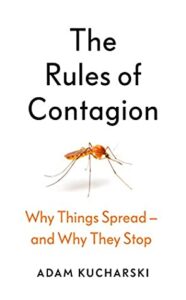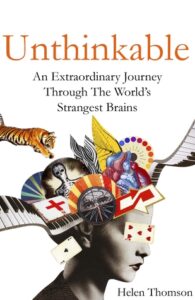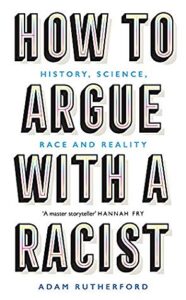 The COVID-19 Catastrophe: What’s Gone Wrong and How to Stop It Happening Again, Richard Horton
The COVID-19 Catastrophe: What’s Gone Wrong and How to Stop It Happening Again, Richard Horton
The COVID-19 Catastrophe was written by the editor-in-chief of The Lancet. Most of the papers I needed to cite in my dissertation on tuberculosis were published in The Lancet, if the name doesn’t mean anything to you; it’s a prestigious medical journal, and Horton himself has a medical degree and a BSc in physiology. He knows whereof he speaks, in other words, and in this book he tears into the failings of governments (mostly the UK, somewhat the US) in coming to grips with the pandemic.
He is very clear in discussing these failings, though he more or less ignores the idea that China had any role to play here. There’s one brief reference to the doctor who tried to raise the alarm and was cautioned by the police, if I remember correctly… but if he does mention it at all, it’s a very bland reference with no further digging into why that occurred, and whether if people had listened at that point, we’d be in this position now. That’s a pretty grave lack.
If you’re curious for his position on matters in the UK, here he doesn’t hold back. I needn’t go over it all again, but suffice it to say that our government was slow to react, loath to give things the weight they deserved, and too quick to lift restrictions. People have died, are dying and will die as a result of the government’s actions; they are massively culpable for a lack of leadership and clarity. And he doesn’t even have to get onto the mess with Dominic Cummings, probably revealed as the book was already going to press.
The final section looks at what we can do to handle future pandemics better: as he rightly points out, this is only the first, and more are inevitable. Other books have done a better job on the whys (Spillover, by David Quammen) and hows (The End of Epidemics, by Jonathan D. Quick), but it’s not a bad high-level summary.
I do worry that one of his final remarks (that COVID marks an end to “sovereignty”) is going to be a massive red button for some people that leads them to just ignore everything he says. I don’t think he’s wrong; I think fragmenting into separate nations with wholly different ways of handling the virus is far from ideal, and I think the WHO has too little power (it has historically received so much of its funding from the US that its policies always have to consider “will this annoy the US?” first and foremost) and funding. We need more unity, not less, if we want to have all this trade and mixing of peoples between different countries… which Britain needs, because we don’t produce everything we need… and that call for unity clashes really badly with current politics.
But them’s the breaks. Pandemics don’t give a fuck about Brexit. If anything, it makes it easier for them as it erodes cooperation, goodwill and information-sharing.









